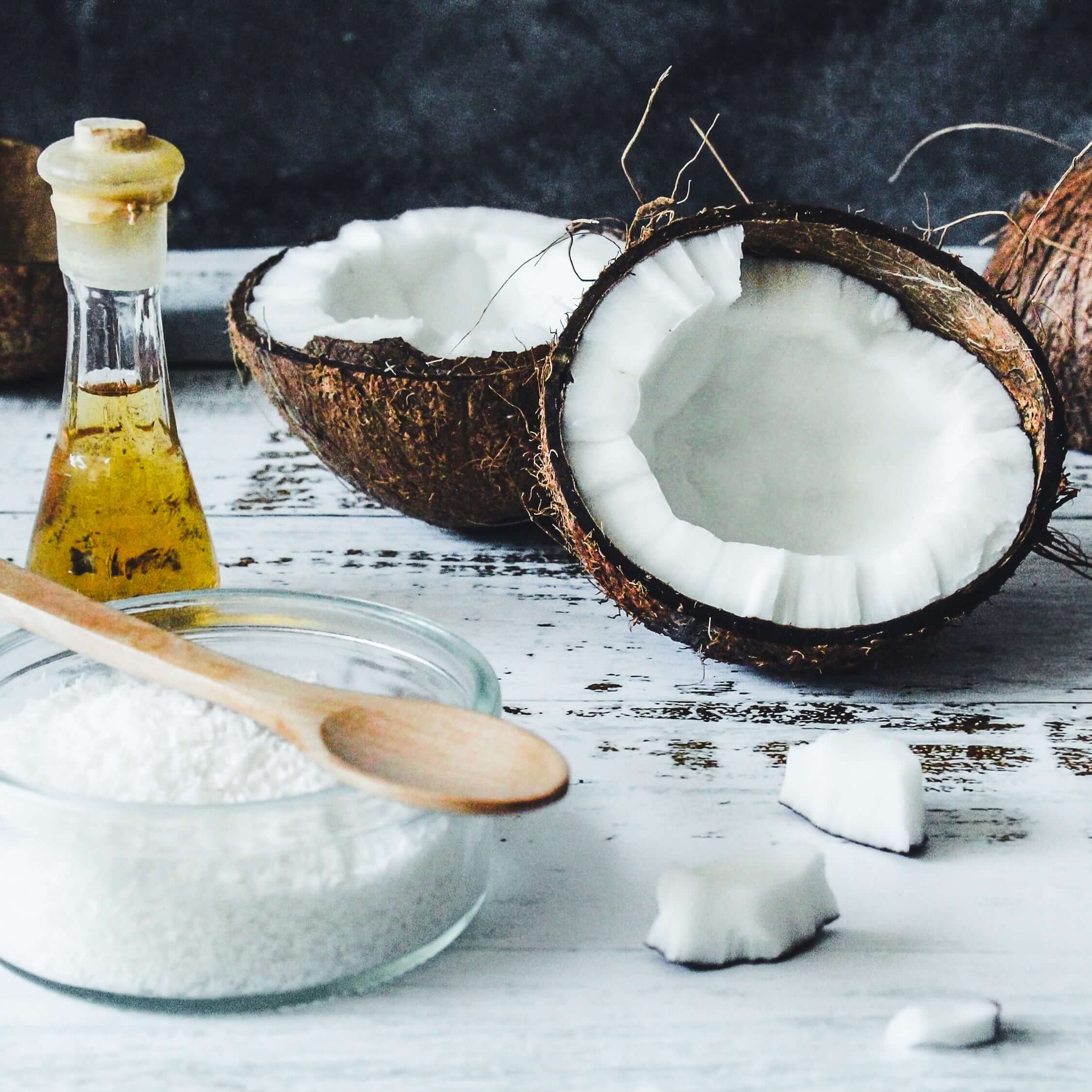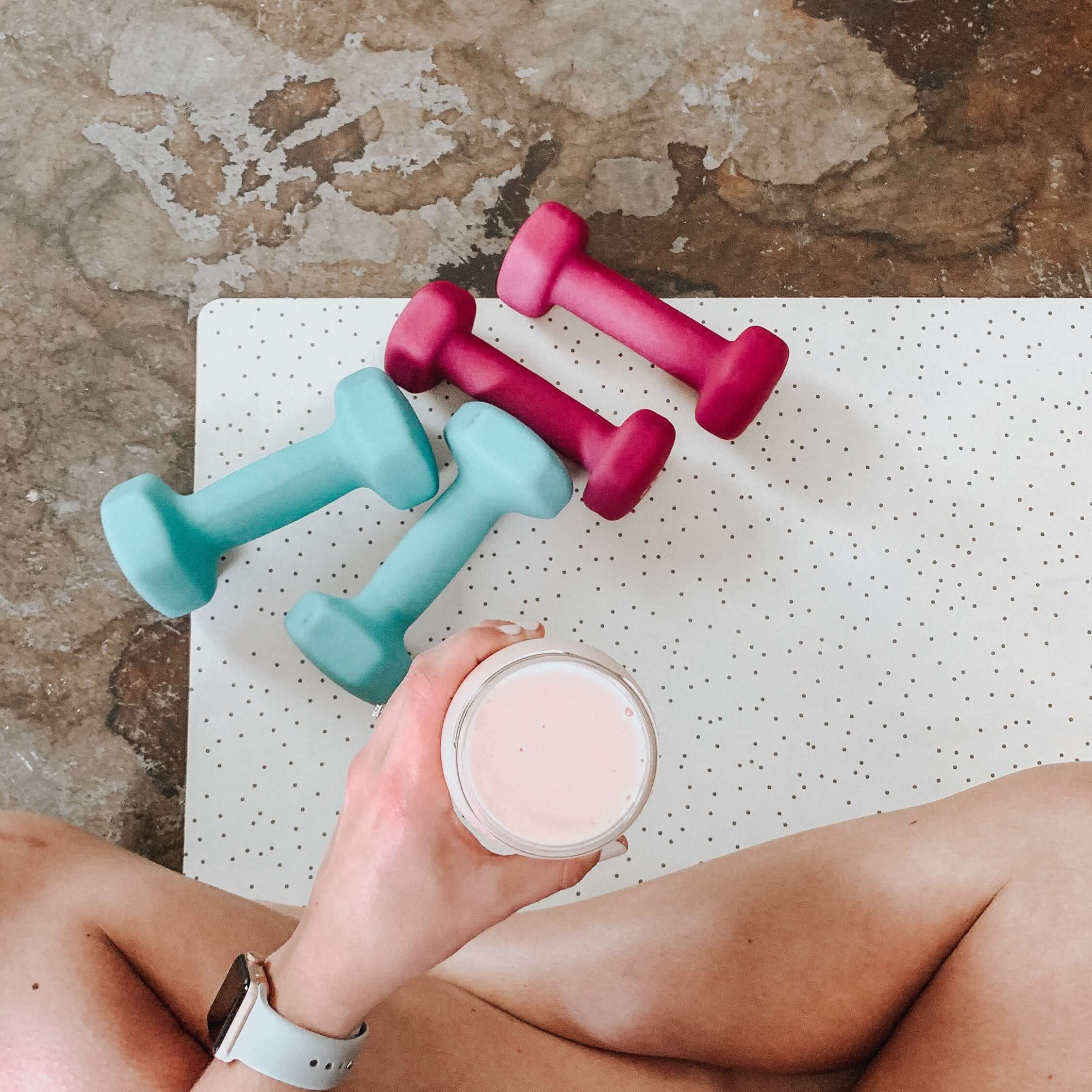How To Whiten Teeth Naturally
Toxic chemicals are everywhere and we are all exposed to synthetic pollutants in drinking water, air, and the food supply, as well as in consumer products and home pesticides. Some of these chemicals resist metabolism and excretion and therefore accumulate in body tissues. Despite many of these chemicals being deemed ‘safe’ by the FDA, no research on the combination of different chemicals in the body has been done.
So beauty products, toothpaste, drinking water, synthetic fibres, cookware, furniture, plastics and food all come under this heading. It doesn't make sense, in my opinion, to expose ourselves to any excess sources of toxicity when our bodies are already dealing with so much. Besides, there's always a risk of whitening strips if you're DIY at home), coming into contact with your gums and releasing ingredients into your mouth to be absorbed into the body. We all need to try and decrease our body-burden of toxins - and our dental health is as good a place to start as any.
So onto the subject of this post (finally): Teeth whitening.
Despite being 100% committed to natural beauty products and toothpaste I’m not immune to wanting to look and feel my best. Luckily, these days, natural products are as good as their chemical counterparts, Georganics toothpaste and mouthwash tablets are among some of my favourite natural self-care products. It's safe to say that if you want a smile as dazzling as RYLAN, then you've got to go down the route of bleach. This is because the enamel that sits on top of our teath is incredibly hard, in fact it's the hardest substance known to man and requires a diamond-tipped dentist's drill to permeate it. When you have you teeth chemically whitened, it's actually the dentine inside the teeth that gets whitened, not the enamel. Bleach is applied to the teeth, which temporarily weakens the enamel, and allows the the dentine to be whitened. Issues then arise when food and drink darken this dentine while the teeth are still partially porous. Eventually, it also weakens the enamel and makes your teeth more sensitive.
But you can improve the cleanliness and appearance of your smile naturally too, by removing any surface dirt and plaque. The added bonus is, of course, that you aren’t applying bleach directly onto your teeth and therefore there are no side effects or risk of toxic exposure to worry about.

Improve your dental health further by curbing sugar cravings for good with our Sugar Detox Cleanse! Suitable for those who are struggling to cope with sugar and carbohydrate cravings as well as those who are coming off a high sugar diet.
What is coconut oil pulling?
So, the method by which I suggest we all try and get lovey, white teeth is actually also a method by which we can improve our overall health too. Did you know that your oral microbiome, the unique colonies of bacteria found in your mouth, directly correspond to the health of your gut? And that the health of your mouth then has the knock on effect of either improving or worsening your immune health, brain health, detoxification processes, energy production, mitochondrial function etc?? Pretty much everything, including bad breath!
Coconut oil contains antimicrobial and antibacterial properties, mainly due to its high lauric acid content. Coconut oil is therefore the best choice for oil pulling, over sesame oil or avocado oil etc. Research has show that coconut oil pulling effectively breaks down the plaque that builds up on the surface of our teeth and is responsible for hosting opportunistic (i.e. ‘bad’) bacteria in the mouth.
So even just by itself, coconut oil pulling is a huge health upgrade that you can build into your daily routine. If you want to upgrade the experience even more, and introduce some whitening agents then here’s what you needs to know:
1. Bicarbonate of Soda
Bicarb is a great option for natural cleaning as it has a gentle abrasive action. By adding ¼ tsp to 1tbs coconut oil you can effectively improve the appearance of teeth in a gentle, non-toxic way. I've used it myself for a while and noticed a big difference in whiteness. Bicarb is the eco-friendly and natural world's cleaning hero, and you can use it safely and effectively in your home on surfaces too for a thorough clean, as well as in baking cakes and muffins!
2. Activated Charcoal
Charcoal is what we call a ‘binder’ in nutritional medicine, and it’s often used to help draw out heavy metals and toxins from the body. It has an incredibly large surface area and it clings onto whatever it comes into contact with. In the mouth that means an upgraded cleaning experience. Caution - it’s a black powder and gets everywhere if you’re not careful. Add ¼ tsp to your oil for pulling.
3. Xylitol
Xylitol is a naturally occurring sugar alcohol and is already found in many conventional toothpastes (along with many other toxic chemicals though!). It inhibits acid production which cuts off the legs of pathogenic bacteria in the mouth (i.e stops them from growing). It has a sweet flavour and a cool sensation in the mouth. Add ½ tsp to your coconut oil.
Lastly, feel free to pimp this recipe with some essential oils (e.g. peppermint) for that classic minty freshness. The last thing to note is that oil pulling absolutely should not replace conventional teeth brushing, or trips to see the dentist and hygienist - these are both essential too.
After 10-15 minutes of oil pulling, spit the oil out either into the loo or into a tissue then into the bin, not down the sink as it may block it as it cools down. You should feel and see the difference instantly - clean, fresh, white teeth and no harmful chemicals!
Brilliant for a lockdown cleanse
"Sugar detox - Juices were delicious and filling. Almost struggled to finish the 8th juice! Stopped all my sugar cravings! Perfect for a lockdown cleanse! I will be doing the gut cleanse in a few weeks." - Sarah K, verified buyer
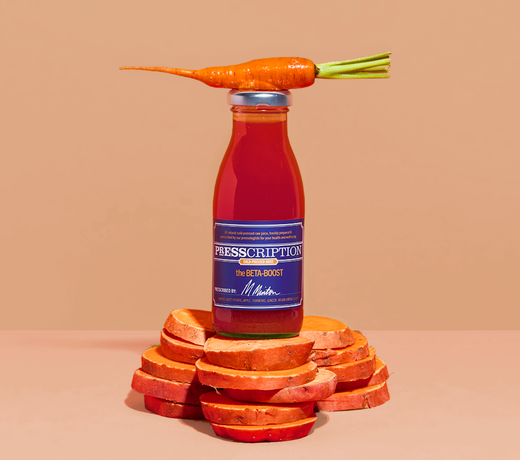 Why Presscription?
Why Presscription?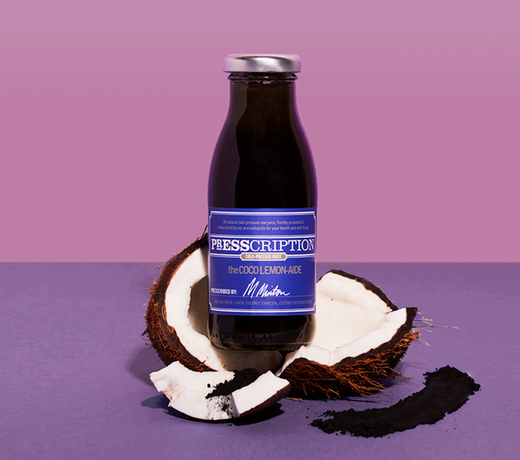 Why Cleanse?
Why Cleanse?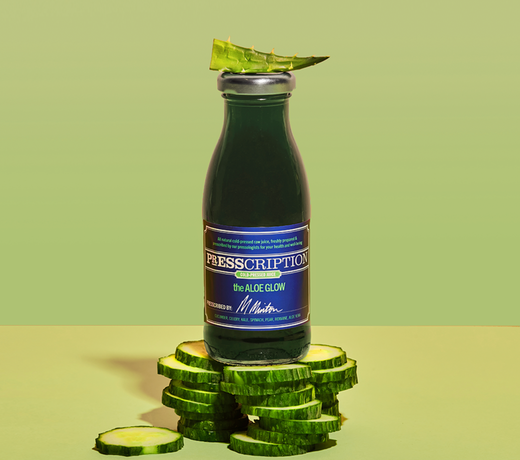 Cleansing Tips
Cleansing Tips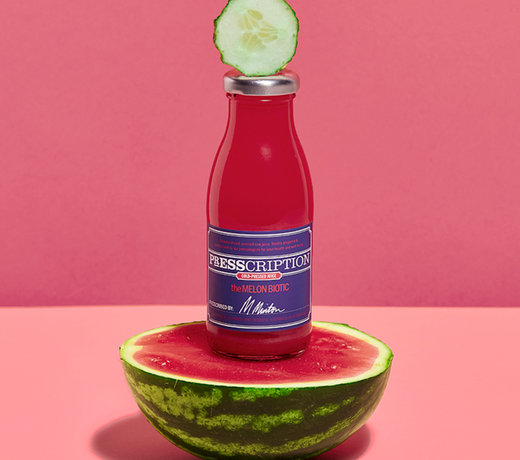 What's Pressing?
What's Pressing?